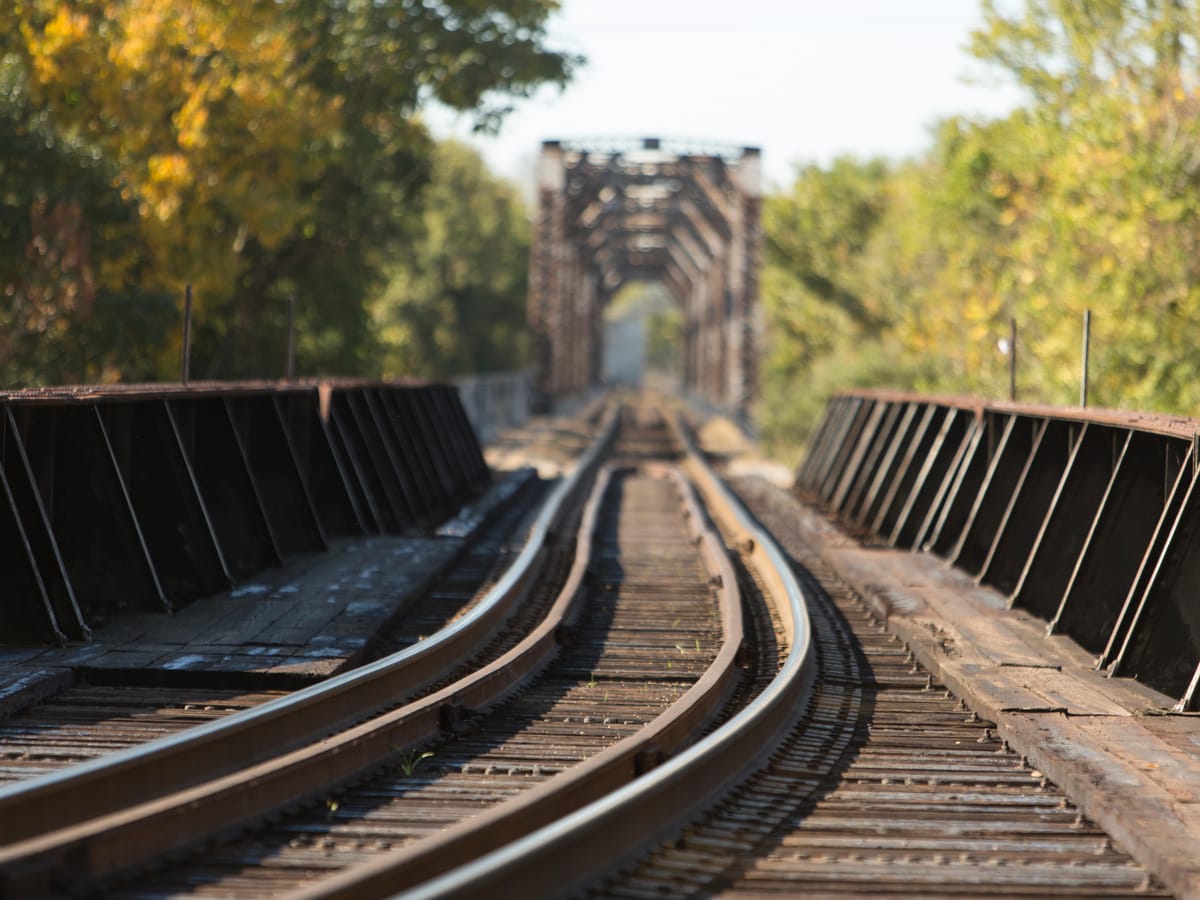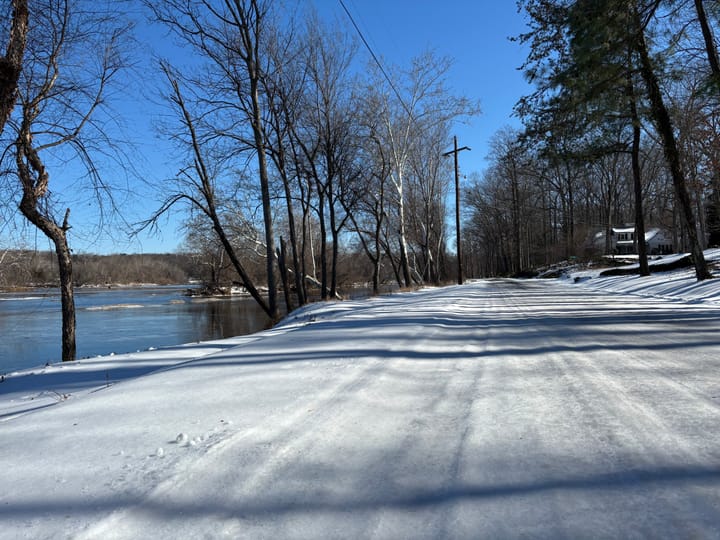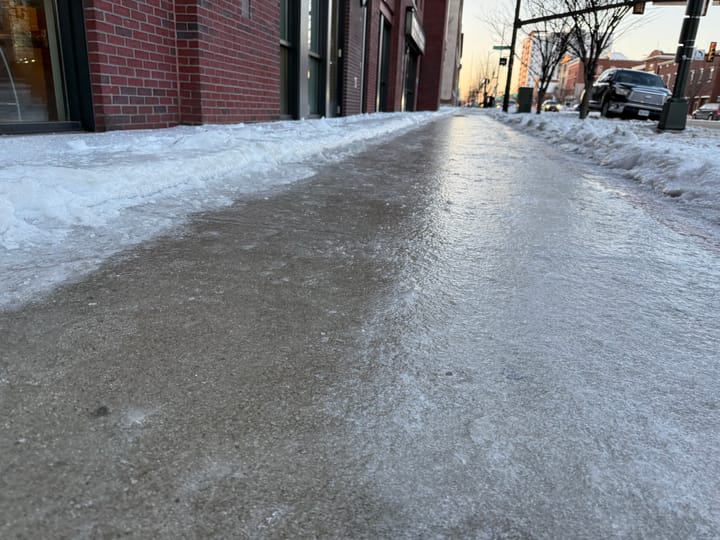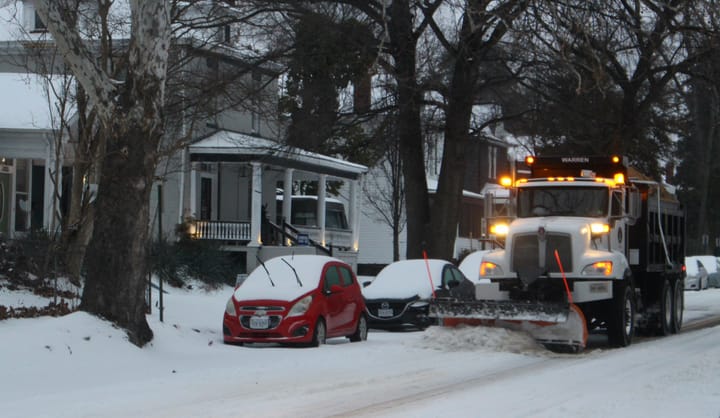
Persistent July storms are done in RVA, but heat and humidity return this weekend
The rain has stopped, and the high humidity has backed away — at least temporarily.
During the first three weeks of this month, Richmond had 10.37 inches of rain, the 4th most on record for this period (15.04 inches fell during the first three weeks of July 1945).
Even if no more rain falls this month, it would still finish as the 8th wettest July on record.
Big rainfall ranges
Thunderstorms come in very different sizes and intensities. During the summer, they also tend to move more slowly than in the spring. The jet stream winds are lighter in the summer, allowing storms to meander without any consistent direction.
While all of RVA has been wet, the individual nature of thunderstorms has led to some large discrepancies across the metro area.
Some specific RVA totals so far this month:
- 9.40” Church Hill
- 7.53” The Fan
- 7.22” Bryan Park
A few others just outside of the city limits:
- 11.60” Ettrick
- 11.26” Varina
- 10.27” Rockwood Park
Yes, the humidity is worse
Not coincidentally, this has been the most humid July on record so far in Richmond.
The plot above shows the average July humidity in Richmond for each year since the 1940s, although a couple of years after World War II are missing from the dataset.
The bar on the far right is the humidity so far this month.
Absolute humidity is shown above in the form of the dew point temperature. The dew point is the point (or temperature) at which dew forms. So the higher the number, the more water vapor is actually in the atmosphere.
This is different from the relative humidity, reported in percent, which is a measure of how close the air is to saturation. For example, the relative humidity is 100% during heavy snow and 30°F, but it certainly does not feel humid outside like it does in the summer. Warmer air can evaporate more water into it, which is why relative humidity is not a good measurement here.
So far this month, our average dew point is holding above the second-place level from 1949, but the recent trend is striking — 14 of the last 15 Julys have been more humid than average (horizontal black line).
Higher humidity is another symptom of Richmond's warming climate, as higher humidity also keeps low temperatures from falling as much at night.
None of the last 16 nights have fallen below 70 degrees in Richmond, the 13th longest such stretch on record (we had 31 in a row in 2013).
The higher humidity yields more water for rainfall, which is seen in both short-term rainfall intensity and total rainfall over the year.
During the entire 20th century, the average rain each year in Richmond was 42.85 inches. So far in the 21st century, that average has climbed by 9 percent (now 46.57 inches).
It is not your imagination. It is hotter, more humid, and the rain is getting heavier in Richmond as the climate warms.
Hurricanes? Not really
However, the weather of the past three weeks does not have any direct relation to hurricane season in Richmond. There is no physical evidence that heavy rain in July correlates with hurricanes arriving later in the year.
Although we are deep into July, there is no way to know with any scientific confidence if Virginia will get a hurricane this year. It may seem like it has been a slow season so far (3 named storms), but it is fairly typical to this point.
The core of the hurricane season is from mid-August to mid-October, so prime hurricane season is still a few weeks away.
The Richmonder is powered by your donations. For just $9.99 a month, you can join the 1,000+ donors who are keeping quality local journalism alive in Richmond.
Heat and humidity will come back
The current respite from high heat and humidity will be short-lived, as they both return for Friday and this weekend. Those three days will bring afternoons well into the 90s, with Saturday expected to be the hottest of the bunch, near 100.
With the higher humidity also returning, remember to hydrate and take breaks when outside this weekend, as the heat index will be up around 110 — a quick path to heat exhaustion or heat stroke.
Over the summer hump
A final statistic for those looking forward to fall: we have passed the climatologically hottest few days of the year, as normal high and low temperatures for each day are beginning to inch downward. Plus, there are encouraging signs of another break in heat and humidity for the first weekend of August.
But afternoons averaging in the 70s will not return until the latter third of September.






